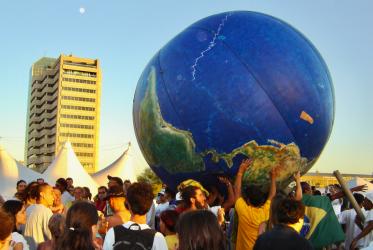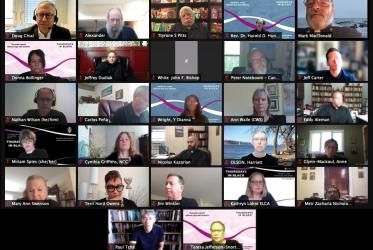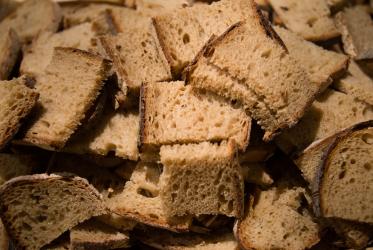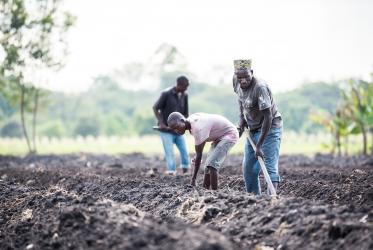Displaying 1 - 20 of 30
On World Food Day, “we pray for wisdom to care for the earth”
16 October 2020
Re-engineering life forms: Church forum raises concerns
09 November 2017
Responsible agriculture investments theme of WCC session
16 October 2017













